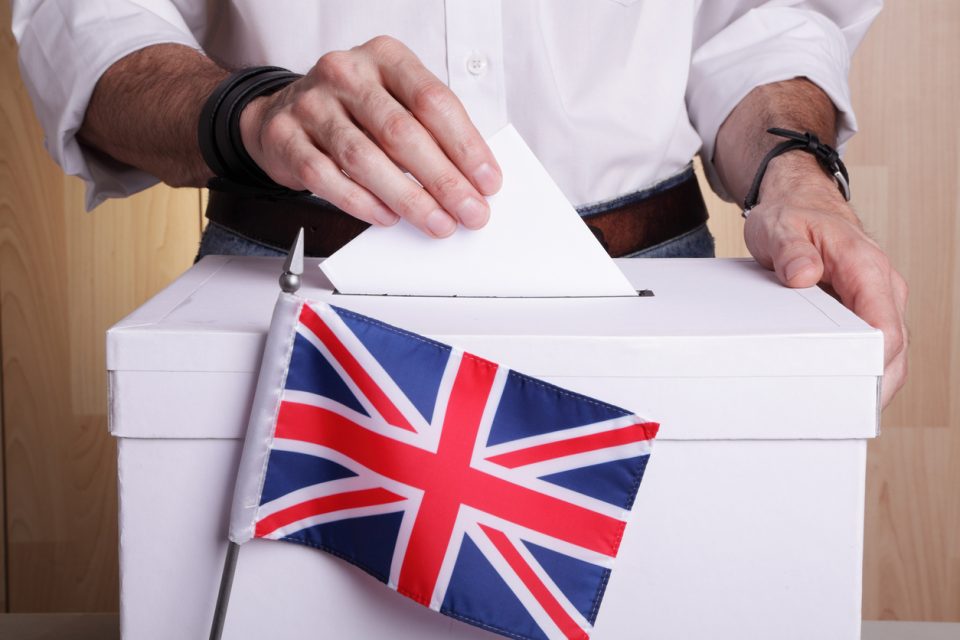“After the surprising election result, political and economic uncertainty in the UK has risen considerably. The election outcome looks set to further complicate the process of negotiating the UK’s departure from the EU, as the government only has a narrow majority in parliament – and even this looks vulnerable in the context of Conservative MPs’ widely differing views on post-Brexit UK-EU relations. Given the backdrop of an already slowing economy (the UK posted the lowest real GDP growth of all 28 EU economies in Q1 2017), it is not surprising that businesses are beginning to express a lack of confidence. We believe it’s highly unlikely that the first round of Brexit talks between the British government and the EU (scheduled for 19/20 June) will deliver more clarity or significant results. This means that companies will have to wait even longer to assess the impact of these negotiations on their business.
“Our analysis indicates that uncertainty will remain high in the next 18 months, regardless of what happens in the wake of the election, and we are maintaining our risk rating of DB2d and our ‘deteriorating’ risk outlook for the UK economy. We predict that, in the long run, the election result could make a ‘hard’ Brexit – which we believe would be harmful for the British economy – impossible. The best advice for businesses is to monitor the progress of negotiations, and use the latest data and analytics to assess risk and identify potential opportunities. Once a government is firmly in place and negotiations progress, organisations may have a clearer picture of the business partnerships between the UK and the rest of the world. Until then, a careful and measured approach to managing relationships with suppliers, customers, prospects and partners will be key to navigating through these uncertain times.”
Markus Kuger is Senior Economist at Dun & Bradstreet

